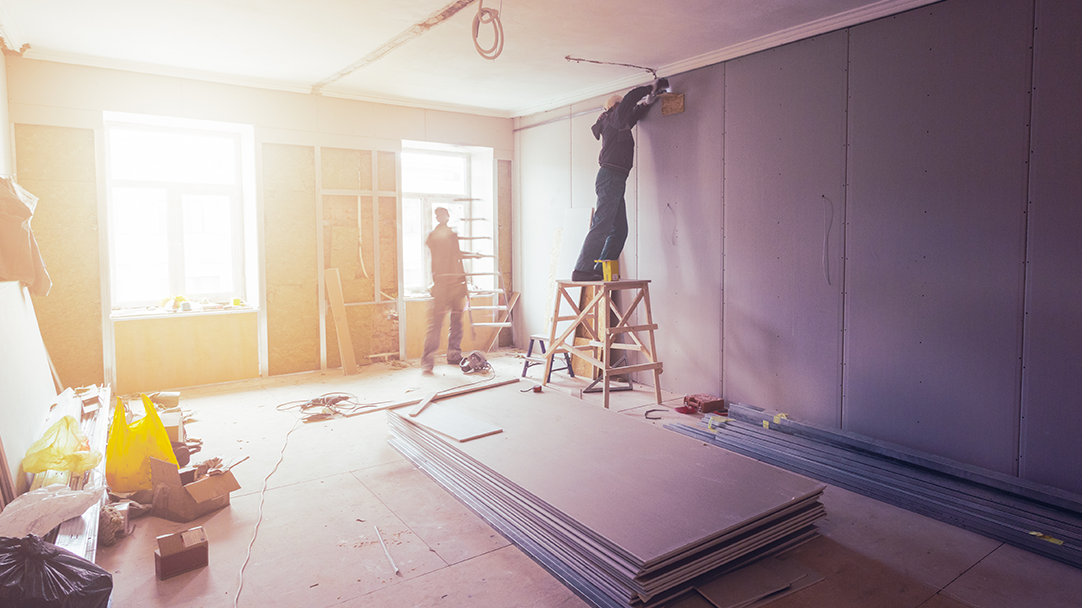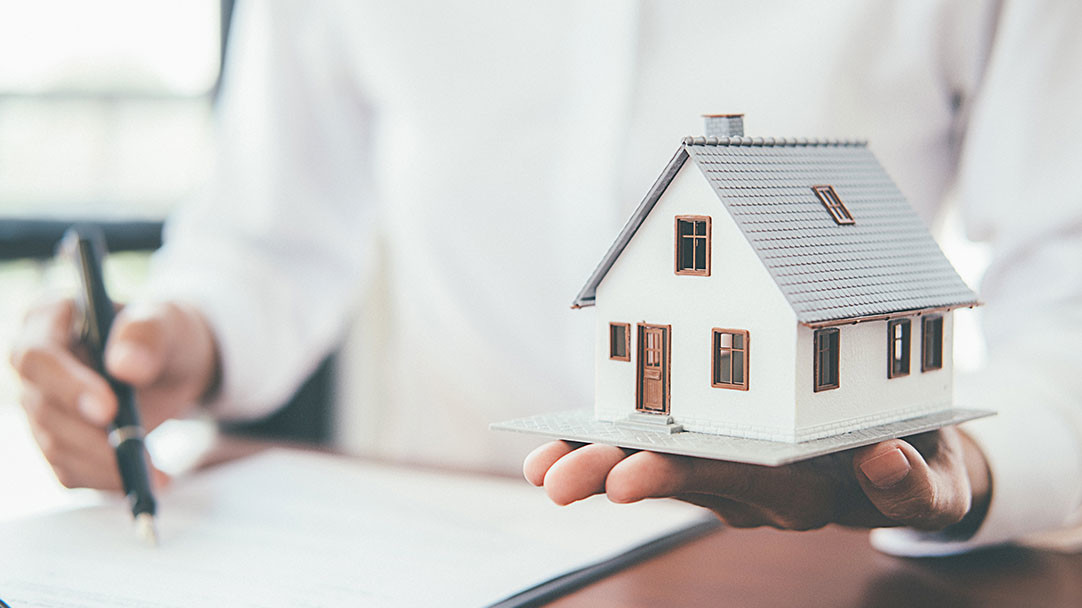Property Type: Which Property Type is the Best Investment?
Most investors will have different opinions on the ‘house vs flats’ debate.
Often the group that prefers to invest in houses believe this as they don’t want to pay service charges and they feel they don’t have control negotiating maintenance costs. Additionally, they may not like the proximity of the other tenants in the building.
Then you have the other side of the argument, the group that assumes flats are superior investments as they often offer higher profit margins due to lower sale prices and they have less upkeep to organise as a factor takes care of all external works.
Having invested in both types of properties, we have created the lists below to outline some of the pros and cons of each as investment opportunities. As ever, you will have your requirements to consider in addition to these. We have created this as a guide to help you get started.
Pros when investing in flats:
- Traditionally flats have lower sale prices than comparable houses
- Different lifestyle trends may show that renting flats is a popular option for younger people or people without children
- Often they deliver higher cash returns and yields
- Maintenance fees are split between all the tenants, and usually, the managing agent or factor will undertake organising the works
- Quality flats can sometimes be secured for around two-thirds of the price of a house
- As flats are often cheaper, you can buy more of them, and it can be quicker to increase your property portfolio
- It is possible to spread your risk across more properties which will reduce the effect of a property being untenanted (if the rent is not guaranteed through a letting agent)
- Buy in bulk, and you may receive higher discounts, and avoid stamp duty in Scotland (6 or more properties bought at one time)
- Demand in urban areas can increase prices
- Can easily add an extra bedroom if the flat has a separate kitchen by combining the kitchen and living room
Cons when investing in flats:
- They could have high service charges
- Sometimes they can have cramped living spaces
- Difficult to qualify for financing on certain types of apartments and LTVs can make leaders see flats as higher risk
- Fewer renovation opportunities – reduced ability to extend, convert the loft or add an extension
- Flats in large blocks are very similar, and therefore there is less wow factor
- Frequent tenant changes
- Some maintenance costs may not be obvious, and this can result in unexpected costs cutting into your profits
- High-rise buildings are often slower to return capital, and high-rise council buildings can sometimes be unmortgageable
- It might not be possible to change the property to an HMO (which will help you avoid empty properties and can increase cashflow)
Pros when investing in houses for buy-to-let:
- There are more options for development, conversion or even extensions which can add value for reselling or remortgaging
- No additional costs for maintaining common areas
- Buyers and tenants get a greater feeling of space and privacy
- Tenants more likely to stay on a long term basis as families tend to commit to properties and will often maintain them
- The potential for capital growth is much higher
- There’s scope to convert a more substantial house into multiple flats which can be leased, remortgaged or sold
- Houses have a broader target market as they attract property investors, developers, first-time buyers and families
Cons when investing in houses for buy-to-let:
- Initial costs are normally higher
- Could have a garden area to maintain
- Interest and stamp duty rates will be greater
- Families with children can result in more damage to the property
- Maintenance can be pricey given the extra size of such properties
- Cash flow is more of a potential risk with the yield of the property being lower
- Vandalism and theft are more likely with houses if left empty
The pros and cons of purchasing flats or houses are clear to see.
Which type of investment is right for you?
No answer is correct in this scenario. The question that investors should ask themselves is “What return on investment am I trying to achieve and which property type will help me to do this?”. So long as they have a high yield, both flats and houses are reliable investment options, and neither should be ruled out when making the decision to invest.
If you would like to find out more about how Nichol Smith Investments could help you reach your property goals, click the button below to book a call with us.



